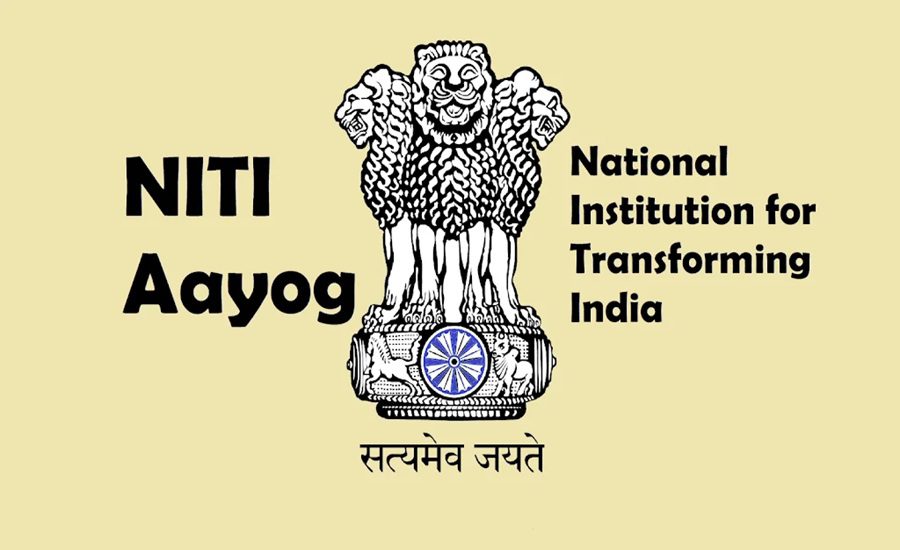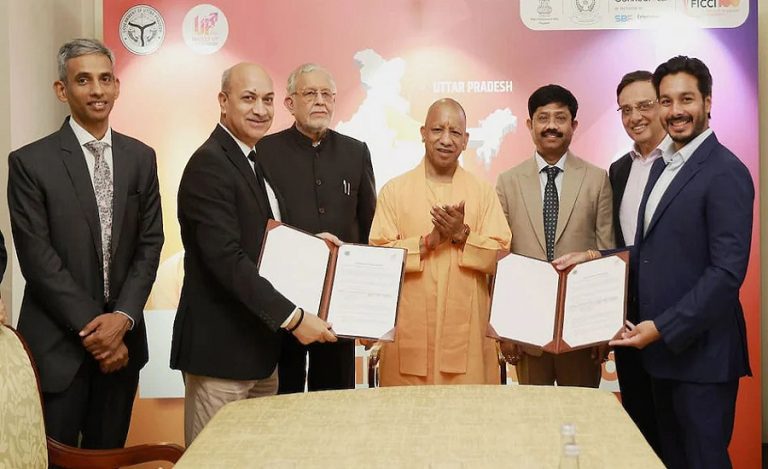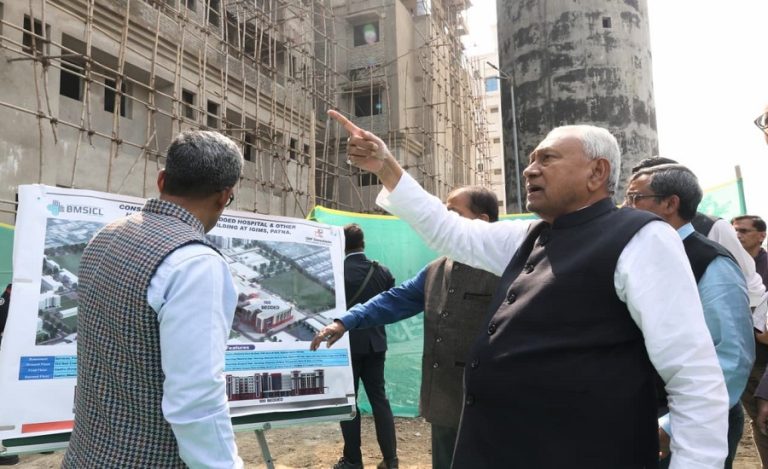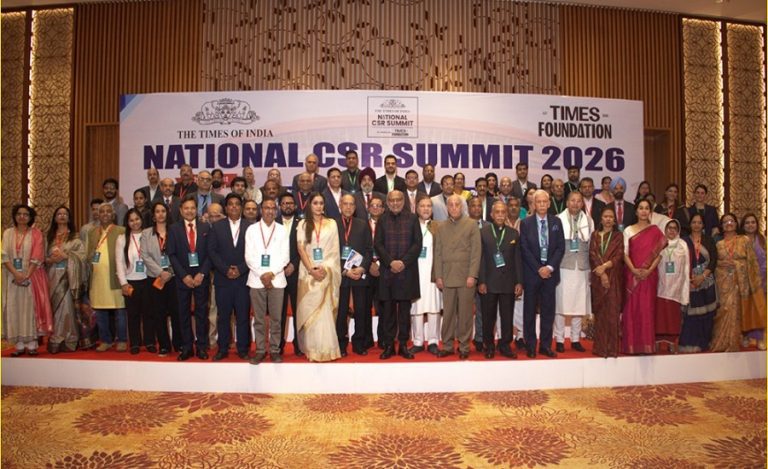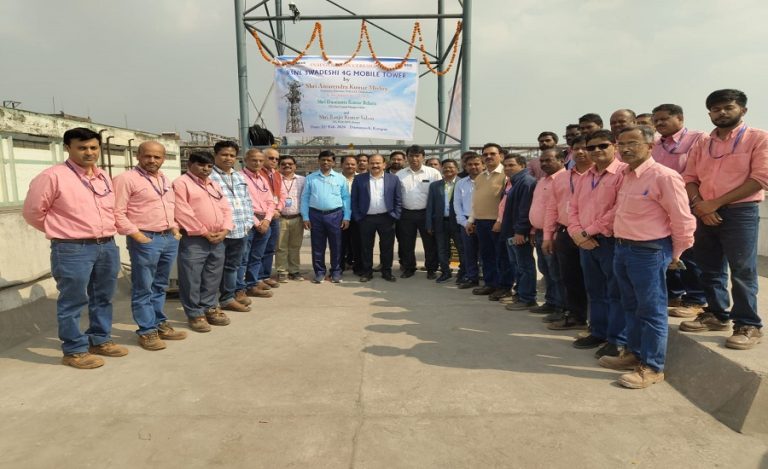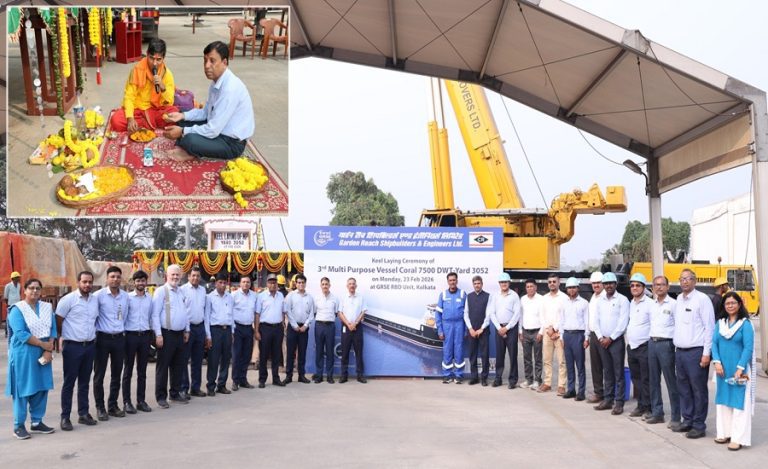New Delhi: In a major reform-oriented recommendation aimed at simplifying taxation and enhancing foreign investor confidence, NITI Aayog has proposed the introduction of an optional presumptive taxation scheme for foreign companies operating in India. The move is expected to address long-standing disputes over permanent establishment (PE) issues and bring greater clarity to India’s international tax framework.
Certainty, Simplicity, and Revenue Protection: NITI Aayog’s Rationale
According to a working paper released by NITI Aayog on Friday, the proposed scheme will resolve ambiguities around PE attribution, reduce litigation, and simultaneously protect the country’s revenue interests.
“The proposed presumptive taxation scheme is a proactive and pragmatic solution to a long-standing problem. It balances India’s sovereign right to tax with the need to provide certainty and simplicity to foreign investors,” the paper noted.
How the Presumptive Taxation Scheme Will Work
Presumptive taxation allows eligible businesses to declare income at a pre-determined profit rate, thus relieving them from the burden of maintaining exhaustive books of accounts or undergoing audits. The scheme, if implemented, would allow:
- Foreign companies to opt for a deemed profit rate applicable to their sector.
- An option to file regular tax returns if actual profits are lower than the prescribed rate.
- A safe harbour from PE-related litigation for those opting into the scheme.
This approach has been widely used in India for small businesses and professionals domestically, and extending it to foreign investors could offer simplicity, predictability, and legal clarity in international taxation.
Key Benefits Highlighted by NITI Aayog
- Simplified Compliance: Eliminates the need for complex assessments and interpretations related to PE.
- Certainty for Investors: Reduces legal disputes and enables foreign firms to make more confident investment decisions.
- Boost to FDI: Addresses one of the key concerns foreign investors face—tax unpredictability.
Improved Global Image: Shifts India’s reputation from a “tax minefield” to a “well-lit path”, making it more attractive on global ease of business indices.
Aligning with Global Standards and Viksit Bharat Vision
The Aayog emphasized that this scheme would align India’s tax system with global practices, especially important in an increasingly digital and cross-border economy.
NITI Aayog CEO B.V.R. Subrahmanyam, while releasing the paper, said:
“A stable, certain, and predictable tax regime is critical for both investment and economic growth. Uncertainty is not good for investors or business.”
He further underlined the importance of such reforms in the context of India’s ambition to become a “Viksit Bharat (Developed India)” by 2047, adding:
“This vision requires us to grow rapidly and create jobs. Investment is key to that growth, and investment demands policy predictability.”
Training and Implementation
The paper also called for capacity building among tax officers, particularly in handling digital and cross-border taxation, to ensure fair and consistent implementation. It also warned against retrospective amendments and urged codification of PE rules in domestic law.
What’s Next?
Though the presumptive taxation scheme is still at a recommendation stage, if adopted by the Ministry of Finance and CBDT, it could become a landmark reform in international taxation for India. Stakeholder consultations and legal vetting would be the next likely steps.
Read also: NITI Aayog Calls for Urgent Push in 2D Materials to Lead Global Semiconductor Race

